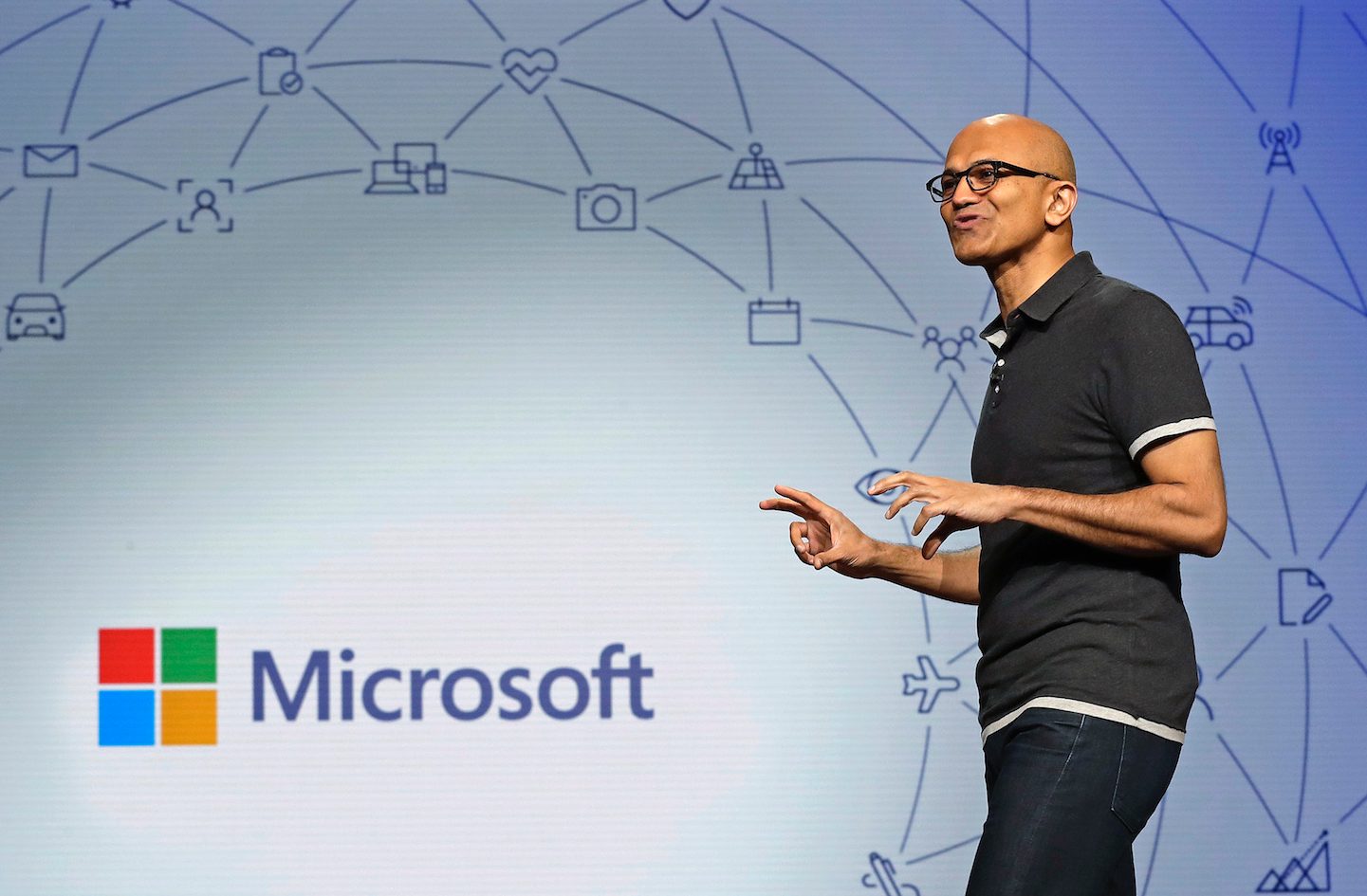- Microsoft and Dutch mapping company TomTom announced Monday that they will expand their partnership.
- TomTom will become Microsoft Azure’s leading location data provider, and TomTom is choosing Azure as its preferred cloud.
- TomTom and Microsoft had already been partners for a year and a half.
For Dutch mapping company TomTom, Microsoft Azure is its top pick for cloud.
Microsoft and TomTom announced Monday that they’re expanding their partnership. TomTom will become Microsoft’s leading location data provider for Microsoft Azure, putting TomTom’s maps and traffic data onto Microsoft’s cloud. and bringing its tech to Microsoft’s Bing Maps as it strives to catch up to Google Maps. Meanwhile, TomTom is picking Microsoft Azure as its preferred cloud provider.
They’ve already been partners for a year and a half, and TomTom says it wanted to round it out.
“The question was how we could have a partnership and close that loop. We’ve been partners for a while. We felt it was a good time for us to strengthen that partnership,” Anders Truelsen, managing director of TomTom Enterprise, told Business Insider.
Azure has a mapping service called Azure Maps, which includes location data for companies and developers to work with. Azure customers can build map-based software, incorporate location data into Internet of Things devices and track vehicle movement.
Just last April, Microsoft invested $5 billion in IoT, and some of Microsoft's customers, like Walmart and Starbucks, are already using Azure's IoT services.
"TomTom provides an incredible offer with the freshest maps and traffic information," Sam George, director of Azure IoT at Microsoft, told Business Insider. "It really helps accelerate all of our businesses that we partner with that are adopting Microsoft and intelligent edge platforms."
Read more: Here's why Walmart is betting on Microsoft's AI to challenge Amazon in online and physical retail
Customers who work in agriculture can use this data to make their business as productive as possible by tracking crops, livestock and tractors. Others can use this data to get real time updates on the local weather. Delivery businesses can use this data to find the best delivery routes and updates its customers on delivery status.
This could also help with building smart city applications, such as real-time parking meter rates, street specific traffic, reducing noise pollution and reducing a city's carbon footprint.
On Wednesday, Microsoft reported intelligent-cloud revenue of $9.38 billion, which includes the Microsoft Azure cloud and other related products.
"As we increase our investment in the intelligent edge need, we did see this forming need for mapping data and deep integration with the Azure Maps solution," George said.

